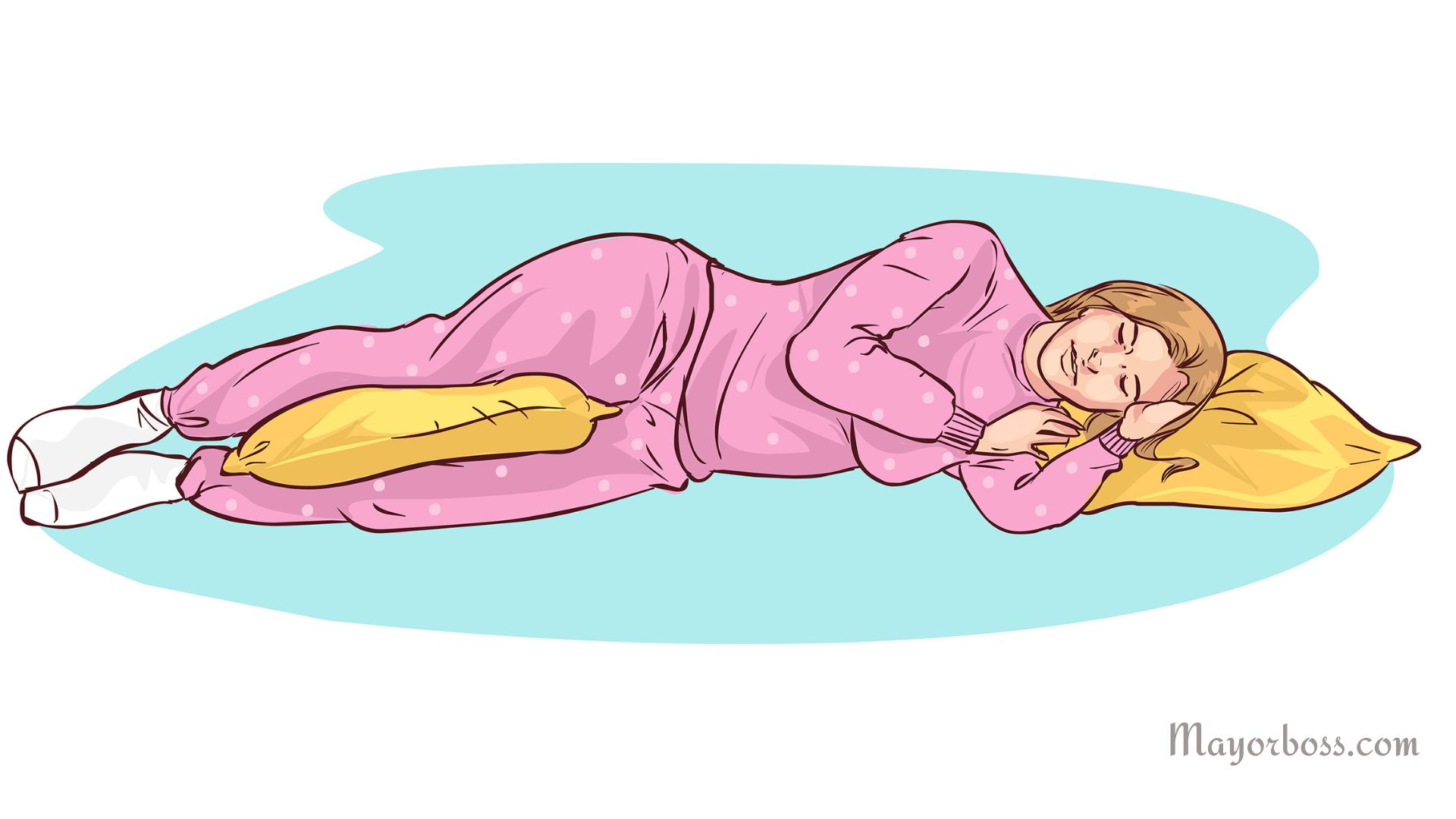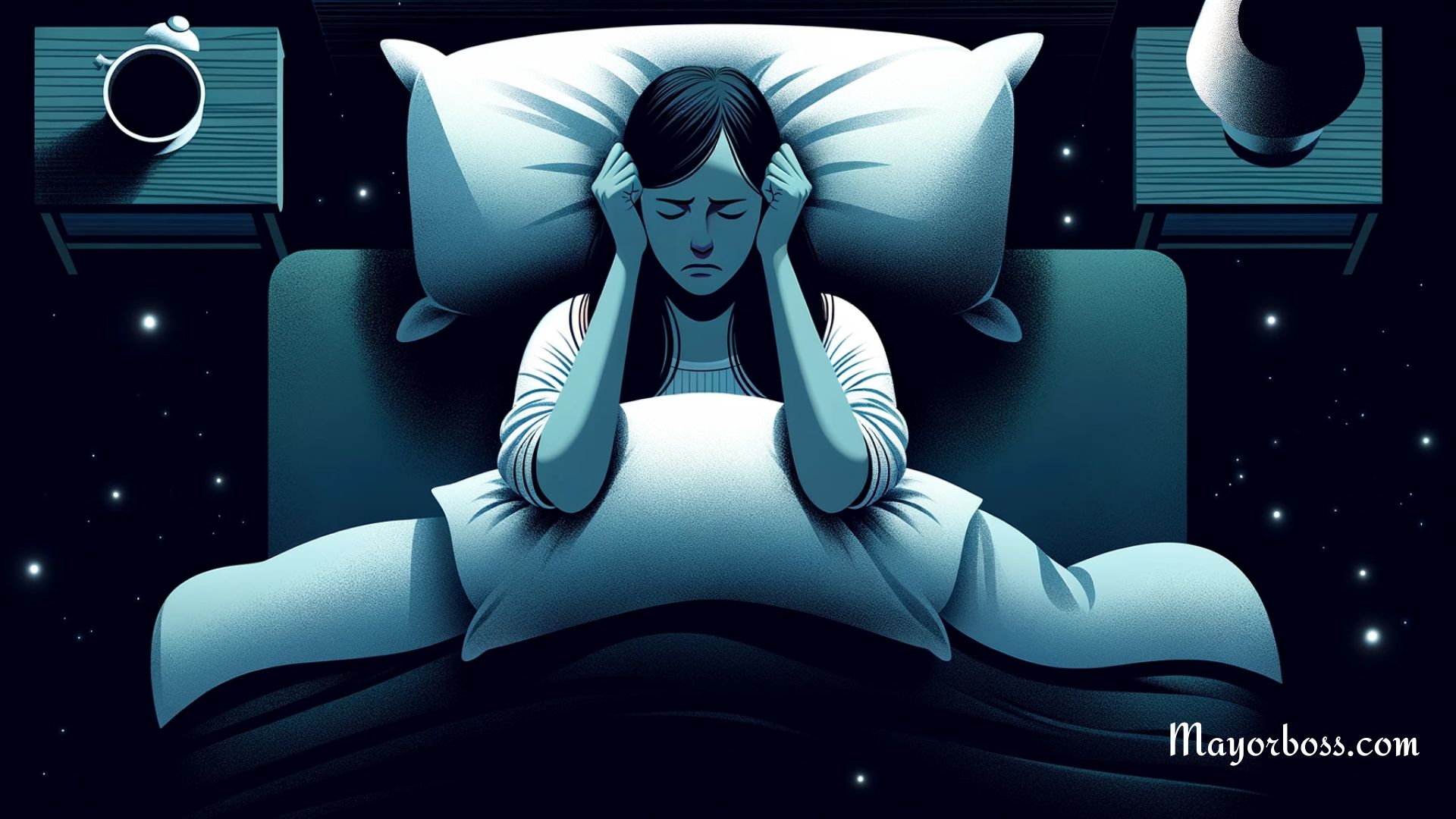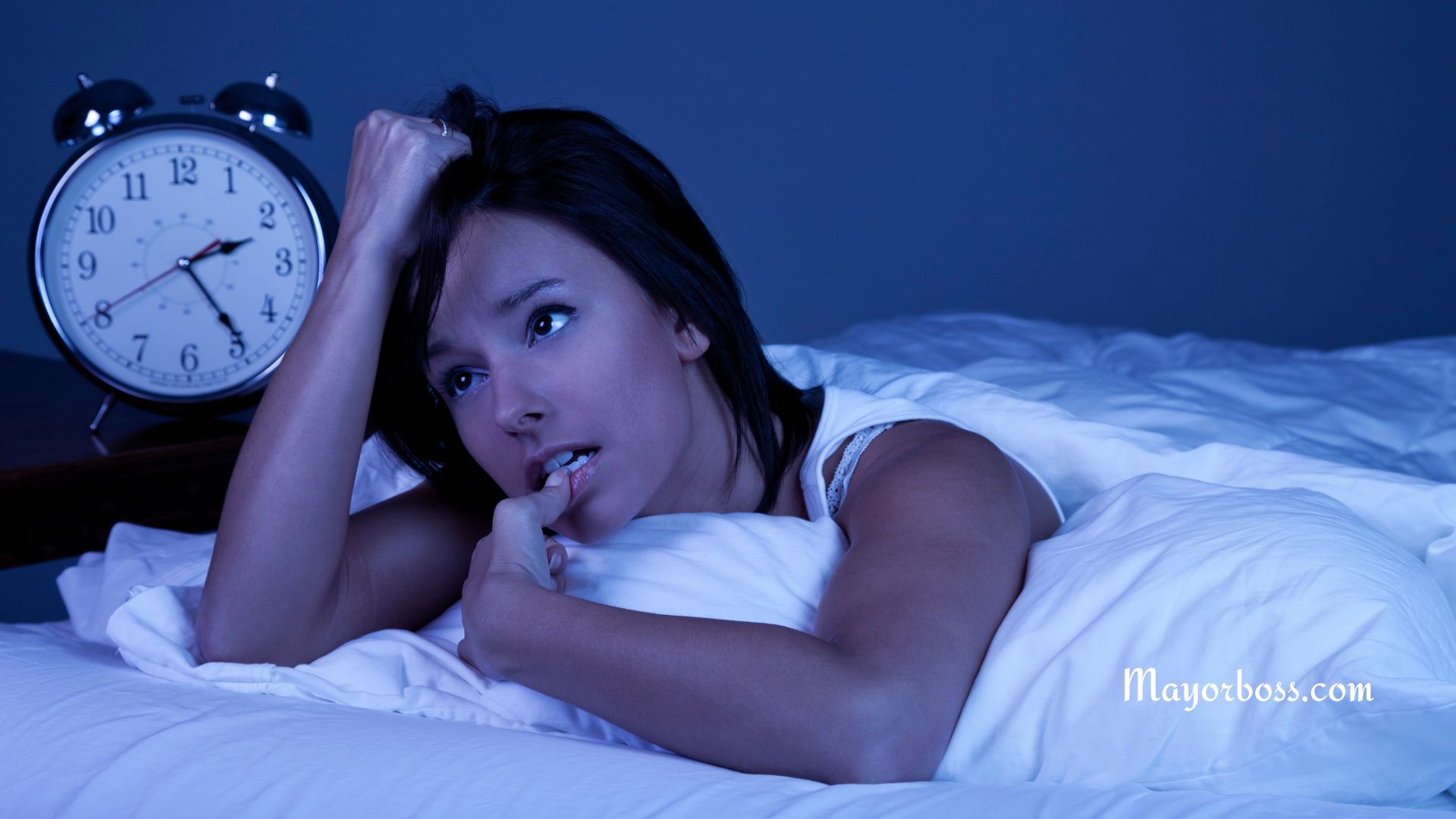Always Tired Even After 8 Hours of Sleep? Here’s Why (and Solutions)
We’ve all been there – dragging ourselves through the day after a supposedly full night’s sleep. While 7-8 hours of sleep is the general recommendation for adults, sometimes those hours just don’t seem to cut it. If you find yourself consistently waking up tired, there may be some underlying reasons to uncover.

Why Do I Feel Tired If I’ve Had Enough Sleep?
There are several factors that can contribute to persistent tiredness, even if you feel like you’re getting enough sleep:
- Your Sleep Need is Unique: While 7-8 hours is a good guideline, your individual sleep needs might be higher. Some people naturally require more sleep than others.
- Poor Sleep Quality: You might be clocking enough time in bed, but the quality of your sleep matters. Frequent nighttime awakenings or disruptions can leave you feeling unrested.
- Sleep Debt: If you’ve had periods of insufficient sleep recently, it could take time to pay off that “sleep debt” and feel fully refreshed.
- Nutrient Deficiencies: Imbalances in vitamins and minerals like magnesium, iron, or vitamin D can greatly impact energy levels and contribute to fatigue.
- Dehydration: Even mild dehydration can make you feel sluggish.
- The Timing of Your Meals: Eating a large meal too close to bedtime can disrupt digestion and sleep.
- Lifestyle Factors: Things like stress, medication side effects, an irregular sleep schedule, or poor diet can all interfere with getting truly restorative sleep.
Possible Medical Causes of Persistent Fatigue
Let’s delve into some potential medical explanations for feeling tired all the time:
- Sleep Apnea: This condition involves interruptions in your breathing during sleep, which can fragment your rest and leave you feeling exhausted.
- Anemia: In anemia, your body doesn’t have enough red blood cells to carry oxygen effectively. This can lead to fatigue and weakness.
- Thyroid Problems: An underactive (hypothyroidism) or overactive (hyperthyroidism) thyroid can significantly affect your energy levels.
- Depression and Anxiety: Mood disorders can disrupt your sleep-wake cycles and lead to chronic feelings of tiredness.
- Chronic Fatigue Syndrome (CFS): CFS is characterized by unexplained, debilitating fatigue that isn’t fully alleviated by rest.
Lifestyle Factors That Can Affect Sleep Quality
Beyond medical conditions, some everyday habits might be sabotaging your sleep:
- Stress: High levels of stress or anxiety can make it difficult to fall asleep and stay asleep.
- Irregular Sleep Routine: Going to bed and waking up at significantly different times each day can throw off your internal clock.
- Too Much Caffeine or Alcohol: Caffeine can interfere with your ability to fall asleep and stay asleep, while alcohol might help you doze off initially but can disrupt later sleep stages.
- Uncomfortable Sleep Environment: Factors like a noisy or bright room, an uncomfortable mattress, or the wrong temperature can prevent restful sleep.
Solutions: How to Feel More Rested
If you’re struggling with persistent fatigue, here are some things you can do:
- Track Your Sleep Patterns: Use a sleep journal to track how long you sleep and how rested you feel when you wake up. This can help identify potential issues.
- Prioritize Sleep Hygiene: Good sleep hygiene practices include developing a relaxing bedtime routine, keeping a consistent sleep schedule, and ensuring your bedroom is cool, dark, and quiet.
- Manage Stress: Practice stress-reducing techniques such as mindfulness exercises, meditation, or yoga.
- Get Some Sunlight: Exposure to natural light, especially in the morning, helps regulate your sleep-wake cycle.
- Diet and Exercise: Eating a balanced diet and getting regular exercise can improve your sleep quality.
When to Consult a Doctor
If you’ve changed your sleep habits and addressed lifestyle factors with limited success, it’s worth consulting a doctor or a sleep specialist. They can rule out any underlying medical conditions and advise on suitable treatment options and sleep studies (if needed).
Frequently Asked Questions
Q: Are naps a good way to make up for lost sleep? A: Short power naps (20-30 minutes) can be refreshing. Avoid long naps, especially late in the day, as they can disrupt nighttime sleep.
Q: Can caffeine really contribute to exhaustion? A: Yes! Caffeine has a long half-life, meaning it stays in your system for hours. If you’re sensitive to caffeine, limit intake, especially in the afternoon and evening.
Q: How long does it take to feel better once I start addressing my sleep issues? A: Improvements can vary. Be patient, as it may take some time to see significant changes.






